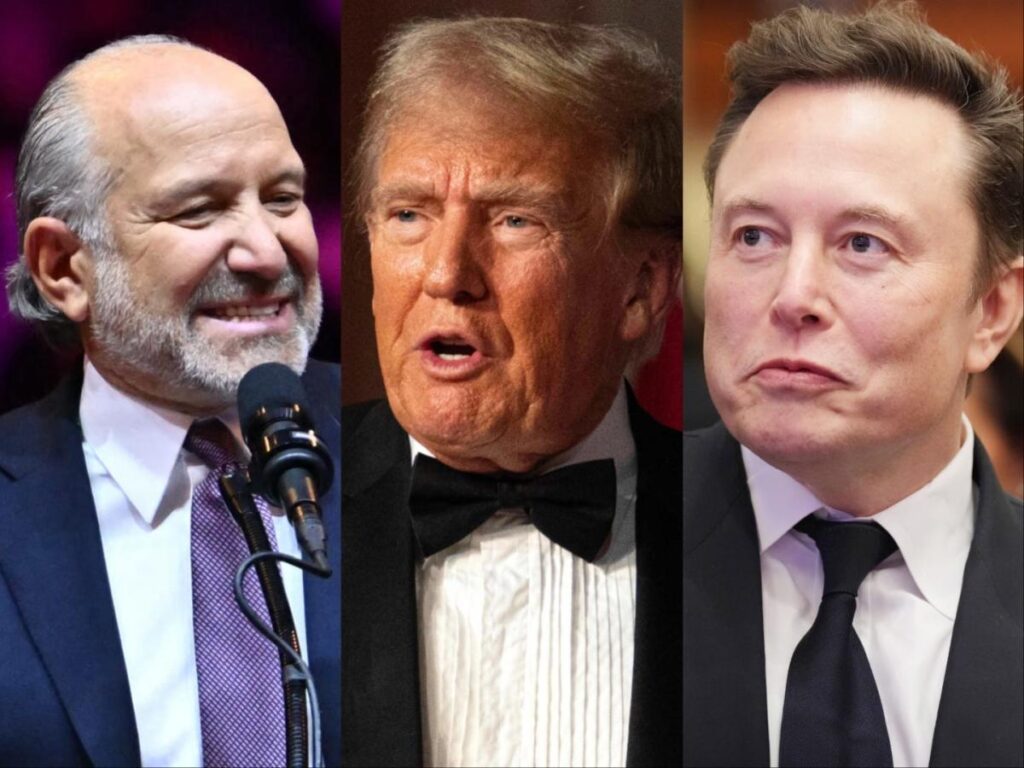As President-elect Donald Trump prepares for a potential second term in office, his cabinet nominees and advisors are once again characterized by their extraordinary wealth. Trump’s association with affluence dates back to his pre-presidential career as a businessman and reality TV star, a theme echoed even by former President Barack Obama, who identified Trump as a symbol of the American dream. Trump’s net worth has been estimated by Forbes to be around $6.1 billion as of December 2022. In his first term, Trump’s cabinet was noted to be the wealthiest in modern American history, and it seems he continues this trend, enlisting advisors and nominees that include numerous billionaires. Notable figures such as Wilbur Ross and Steve Mnuchin were already well-known multimillionaires in his previous administration, and new appointees like Diane Hendricks and Isaac Perlmutter indicate a continuation of this trend as Trump approaches his second term.
As appointments are made, the financial disclosures of these cabinet picks will undoubtedly shed light on their net worth and possible conflicts of interest. These disclosures are mandated and are expected once nominations are confirmed, as they often reveal significant financial holdings that may require divestments. A key example from Trump’s first term was Steven Mnuchin, who needed to divest from 43 companies to meet required ethical standards. Ethical experts like Virginia Canter highlight the difficulties that nominees from finance-heavy industries may encounter when disentangling their assets quickly enough to comply. One specific case was Vincent Viola, who withdrew from the Army secretary nomination due to challenges associated with his financial entanglements. The underlying expectation is that the president needs to operate without concern for conflicts arising from advising cabinet members during decision-making processes.
Among Trump’s billionaire associates, Elon Musk stands out as the richest, boasting a net worth of $355 billion. Musk’s role includes serving as co-head of the newly formed “Department of Government Efficiency” (DOGE) alongside Vivek Ramaswamy. Musk has expressed a goal to eliminate over $2 trillion from the federal budget. His involvement remains on the edge of governmental regulation since he is currently operating outside of the formal administration, which allows him more flexibility than cabinet members regarding divestment from conflicts of interest. Musk is known for his “hardcore” management approach—marking a significant potential shift in government efficiency with his business-centric viewpoint. Following his substantial financial support to Trump’s campaign, Musk’s wealth has grown impressively, highlighting the interconnectedness of government and private enterprise in both Trump’s agenda and Musk’s business ventures.
Warren Stephens, another billionaire, has been nominated as the US ambassador to Britain. With a net worth of approximately $3.4 billion, he carries significant experience running the investment firm, Stephens Inc. His contributions to pro-Trump causes indicate a strong alignment with the administration, though his previous support for different candidates in earlier elections reflects the shifting dynamics of political loyalty among influential figures. Meanwhile, Jared Isaacman, selected to head NASA, brings firsthand space experience and a wealth of $1.8 billion, gained through his ventures in payment processing and aviation. This selection underscores Trump’s inclination towards appointing individuals who possess specialized knowledge alongside financial acumen.
Additionally, Howard Lutnick, slated to become Commerce Secretary, shares a robust ties to the financial sector, having led Cantor Fitzgerald for decades. He is expected to become the key voice on trade and economic relations, continuing a trend from Trump’s first term, where financial expertise was prioritized within high governmental roles. Vivek Ramaswamy, a co-head of the DOGE alongside Musk and with a net worth of $1.1 billion, showcases a blend of biotech expertise and political ambition, making him a notable entry for the administration as someone who has claimed strongly conservative views on modern corporate governance.
Trump’s cabinet also includes Scott Bessent, nominated for Secretary of Treasury. His prior experience with George Soros and subsequent establishment of Key Square Capital highlight his expertise in finance, amidst a backdrop of shifting political allegiances, given his past support for Democrats transitioning to a loyalty towards Trump. Linda McMahon, a recognized figure from the WWE world and a historical supporter of Trump, has been revived in the cabinet as Secretary of Education, suggesting a continuity of Trump’s strategic choice to fill influential roles with business-savvy individuals rather than those with traditional political backgrounds. The blend of wealth, public service, and corporate influence raises ongoing discussions about the potential implications for policy-making and governance with such personnel leading the way in the upcoming administration.

